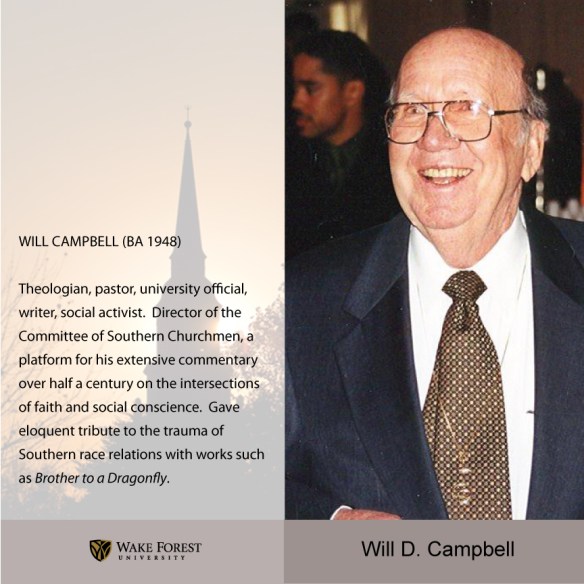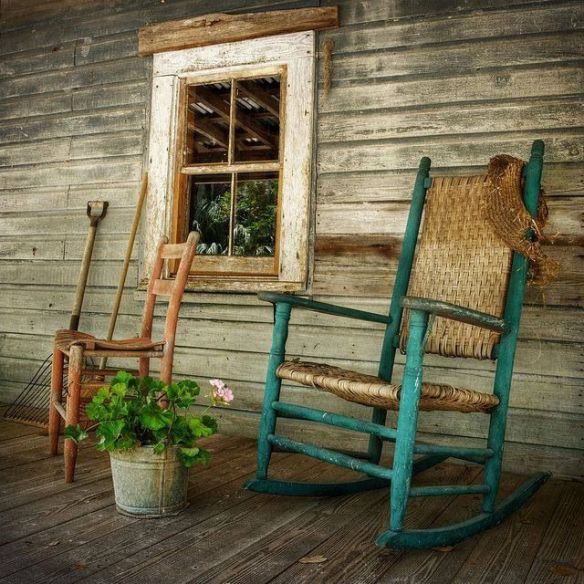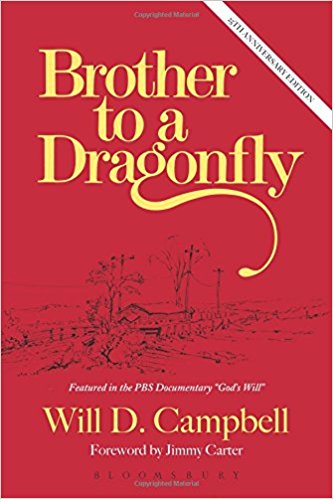“Rev. Will D. Campbell, Maverick Minister in Civil Rights Era, Dies at 88” read the New York Times obituary. Will Campbell (1924-2013) was more than unusual. He was idiosyncratic.

When the nine black school children walked through the hostile crowds attempting to integrate Little Rock’s Central High School, Will Campbell was one of four adults at their side. A civil rights leader, his life was threatened repeatedly over the years.
But there was something unusual about him. Will Campbell was “a good ol’ boy” from the white backwaters of Mississippi who became one of Martin Luther King’s closest confidants, the ONLY white person present at the founding of the Southern Christian Leadership Conference that led the charge for Civil Rights in America.
In 1964 Will founded the Committee of Southern Churchmen, the successor to the all but defunct Fellowship of Southern Churchmen that had been created in the 1930’s to combat injustices in labor, politics, and race relations.
The Committee of Southern Churchmen created a new journal Katallagate — Greek New Testament for “Be reconciled!”) — which reached a national audience in the conviction that the underlying issues were beyond regional.
With the passage of the Civil Right Act, Will did something few but his friend Martin Luther King, Jr. could have imagined. He re-directed his ministry to the newly defeated hooded enemies of all things good, the Ku Klux Klan.
 No one but Will Campbell seemed to consider such a thing, let alone do it. But he did. Will headed for the rocking chairs on the front porches of the Klan to sip some moonshine and sit a spell. He became the civil rights chaplain to the KKK, returning to his roots as poor white trash raised in the backwaters of Mississippi.
No one but Will Campbell seemed to consider such a thing, let alone do it. But he did. Will headed for the rocking chairs on the front porches of the Klan to sip some moonshine and sit a spell. He became the civil rights chaplain to the KKK, returning to his roots as poor white trash raised in the backwaters of Mississippi.
 Looking back on his life and ministry, he wrote in Brother to a Dragonfly, after the tragedy of his brother’s death:
Looking back on his life and ministry, he wrote in Brother to a Dragonfly, after the tragedy of his brother’s death:
“I had become a doctrinaire social activist without consciously choosing to be. And I would continue to be some kind of social activist. But there was a decided difference. Because from that point on I came to understand the nature of tragedy. And one who understands the nature of tragedy can never take sides.”
He confused his critics equally – first the Right and then the Left – insisting that his soul did not belong to anyone’s team – racial, political, religious, cultural, national. There was only one team: humankind standin’ in the need of prayer. There is only one rightful place for a soul: the Kingdom of God.
“We’re all bastards,” he was often heard to say, “but God loves us anyway.”
He meant both things.
The belief “but God loves us anyway” reorganized his hierarchy of values around a non-elitist, non-righteous compassion. It was that compassion that had led him to campaign for racial equality in the Civil Rights Movement, and it was compassion that later led him to sip whiskey with the cross-burners in the rocking chairs on their front porches. His was a ministry of reconciliation, a living, idiosyncratic example of the good news that God was in Christ reconciling the world to God’s own Self: katallagete!
 While Will continued to drink whiskey on the porches of America’s new legal bastards, Katallagete reached a wider national audience with a “who’s who” of religious, academic, political, and cultural luminaries: Thomas Merton, William Stringfellow, Daniel and Philip Berrigan, Vernard Eller, Jacques Ellul, W.H. Ferry, Duncan Gray, John Howard Griffin, Fannie Lou Hamer, Joe Hendricks, Jim Herndon, Christopher Lasch, Julius Lester, John Lewis, J. Louis Martyn, Reinhold Neibuhr, Walker Percy, and Robert Penn Warren.
While Will continued to drink whiskey on the porches of America’s new legal bastards, Katallagete reached a wider national audience with a “who’s who” of religious, academic, political, and cultural luminaries: Thomas Merton, William Stringfellow, Daniel and Philip Berrigan, Vernard Eller, Jacques Ellul, W.H. Ferry, Duncan Gray, John Howard Griffin, Fannie Lou Hamer, Joe Hendricks, Jim Herndon, Christopher Lasch, Julius Lester, John Lewis, J. Louis Martyn, Reinhold Neibuhr, Walker Percy, and Robert Penn Warren.
Although I never met Will Campbell, Katallagete was must reading until it ceased publication, and I’ve been thinking more lately about what Will would say today. His memory reminds me all these years later how hard it is to be a disciple of Jesus, how hard it is not to hate in 2017. How hard it is to love my neighbor as myself. How hard it is to love the enemies, especially when the neighbor and the enemy is the illegitimate bastard self on the rocking chair of my front porch.
Would that all us bastards were as idiosyncratic as Will.
- Gordon C. Stewart, Chaska, MN, August 27, 2017.

